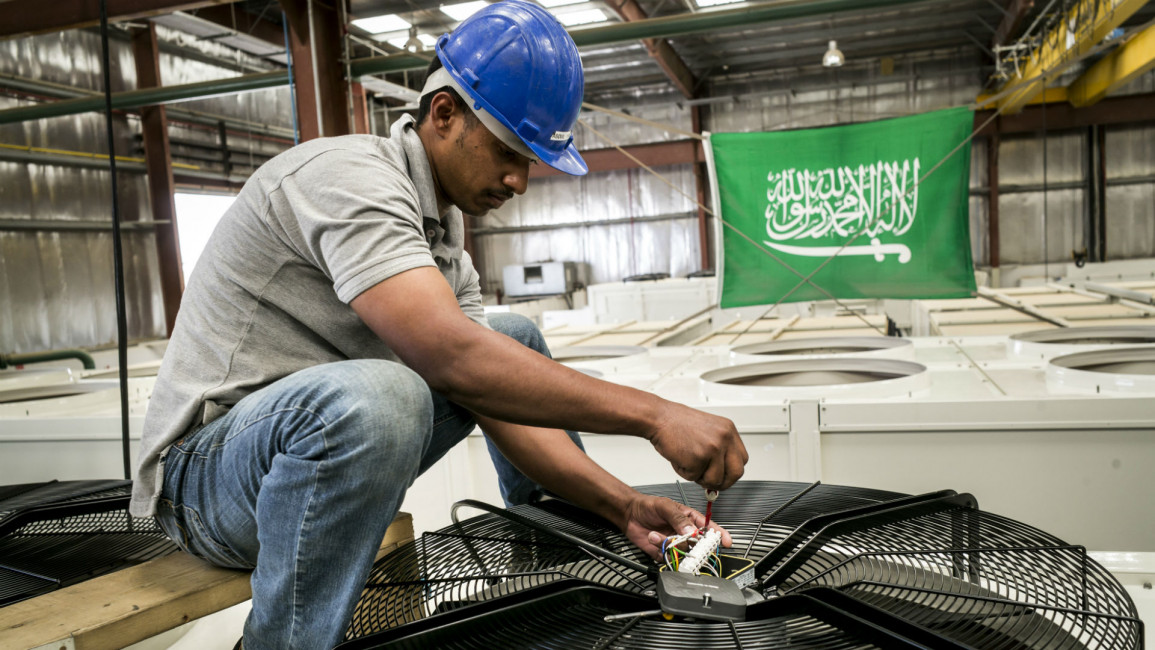Payday pending: Saudi Arabia to repay private firms debt
Saudi Arabia will pay the money it owes to private companies after oil revenues collapsed, a committee headed by powerful Deputy Crown Prince Mohammed bin Salman said on Monday.
The kingdom has vowed to repay the arrears by next months after tens of foreign workers, mainly in the construction sector, were forced to struggle for months due to a halt in salary payments.
"The council came up with a package of solutions and procedures to settle the dues that met the requirements of spending," the official Saudi Press Agency reported after a regular meeting of the Council of Economic Affairs and Development.
Solutions "will be implemented immediately and completed before December 2016", it said, in a rare discussion of the delayed payments.
The council discussed "the necessary procedures to pay the amounts owed to the private sector from the public treasury," SPA said.
"The payment was late due to the sharp decline in oil revenue and the measures taken by the kingdom to reduce spending on a number of projects."
SPA added that priorities were rearranged according "to impact and efficiency", but there had been "obstacles to implement the procedures".
Since 2014, global oil prices have collapsed by about half, accelerating Saudi efforts to move away from petroleum which still accounts for the bulk of government income.
In April, Prince Mohammed announced a wide-ranging plan for economic diversification and social change in the coming years to help the world's biggest oil exporter as it projects a budget deficit of $87 billion in 2016.
It has taken a series of austerity measures, including subsidy cuts, reductions in cabinet ministers' salaries and delays in major projects.
According to SPA, billions of dollars have been saved by rescheduling and modifying contracts, while "a large number" of projects were stopped, saving tens of billions more.
Early last month the construction giant Saudi Binladin Group said the government had transferred "some payment" in the previous two weeks, allowing it to cover some back wages to its remaining staff.
The company had already finished payments to around 70,000 laid-off workers that were forced to live in difficult conditions due to the delayed payments.
India's foreign ministry launched a food programme to feed thousands of Indian labourers who were left stuck in Saudi Arabia's camps due to the payment crisis.
Foreign Minister Sushma Swaraj described the situation for Indian workers as a "food crisis" as the workers were left stranded in the Gulf after losing their jobs, and with no money to buy food or to return to India.
Meanwhile tens of thousands of employees of construction firm Saudi Oger - led by Lebanon's new premier, Saad Hariri - have gone unpaid for several months.



